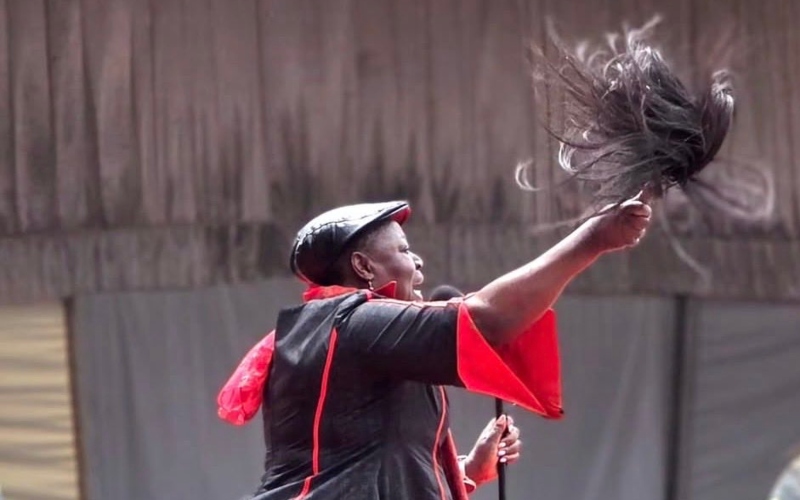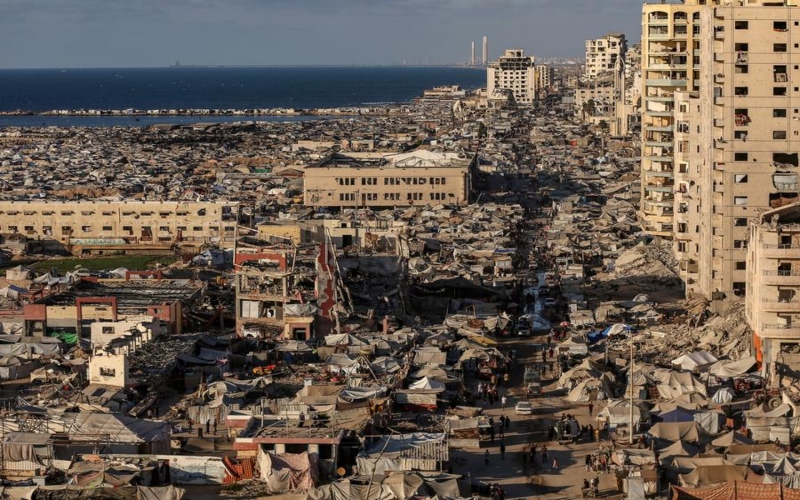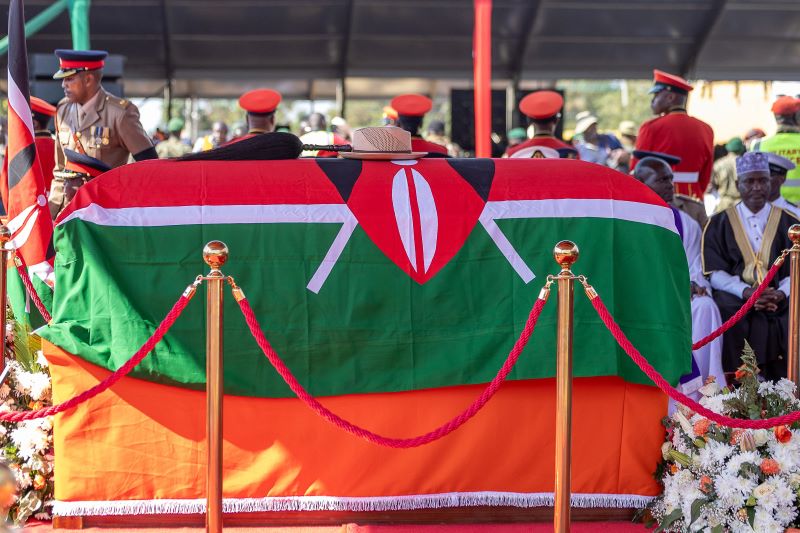Poor Kenyans more prone to crime victimisation - report

Majority of Kenyans did not report their cases because of the fear of losing their cases due to the alleged high rate of corruption in the criminal justice agencies.
The more one is less economically endowed, the more they are likely to be victims of crime victimisation, a new report has shown.
Preliminary findings of the report by the National Crime and Research Centre (NCRC) that was released this week further indicate that one is more vulnerable to crime victimisation based on gender, age and lifestyle.
More To Read
- Kwale unveils Sh30 million TVET fund to empower youth, curb crime
- Lawyer accused of killing colleague has case to answer - court
- Haiti, South Africa ranked among top five nations with highest crime rate globally
- Jared Ojuok: Police officer pens book on police officers' tough roles
- Senior official among those arrested in fatal shooting of lawyer Kyalo Mbobu
- CCTV, phone data trace final hours of slain Nairobi Lawyer Mathew Mbobu
Crime victimisation refers to involuntary or personal exposure to criminal acts. This can be through economic, physical, psychological and/or emotional means.
"Vulnerabilities occasioned by economic status (75.8per cent), gender (49.4 per cent), age (41.6 per cent), lifestyle (36.8 per cent) social background (17.3 per cent), literacy status (11.6 per cent), and marital status (6.2 per cent)," the survey that was mainly anchored on lifestyle and routine activities theories to explain crime victimisation in the 47 counties in Kenya in December 2022 notes.
According to the report, additional risk factors contributing to crime victimisation include; unemployment (81.0 percent), availability of alcohol, illicit drugs and substance abuse (69.9 percent), idleness (63.5 percent), poverty (52.6 percent) weak law enforcement (32.6 percent), youth peer pressure factors (32.5 percent), corruption in the criminal justice system (22.3 percent) and illiteracy (20.2 percent).
Others include physical environmental factors such as the absence of street lighting and bushy farm plantations (20.1 per cent), gender vulnerability factors (16.9 per cent), ignorance of the law (12.8 per cent), and local community harbouring criminals (9.5 per cent).
Corruption factor
While the study found out that the majority of Kenyans over 50 per cent were victims of crimes in the last year, the majority did not report their cases because of the fear of losing their cases due to the alleged high rate of corruption in the criminal justice agencies, the high threshold required of evidence presented and a general lack of knowledge on legal processes.
"Corruption in the criminal justice agencies (41.5 per cent), challenges related to proof and threshold of evidence (21.1 per cent), ignorance of the law (15.3 per cent), intimidation by perpetrators (14.9 per cent), delays in the administration of justice (6.2 per cent), lack of reporting mechanisms in the locality (3.9 per cent), reporting offices are located far/inaccessible (3.7 per cent), poor relationship between the public and the Criminal Justice System (3.1 per cent), shielding/concealing of perpetrators (2.9 per cent) and bureaucracy in the criminal justice system (2.3 per cent)," the report stated.
To address crime victimisation, the report calls on the National Police Service, other security agencies and stakeholders in crime discourse in the country to undertake regular crime victimisation risk analysis, prediction and early warning through multi-agency intelligence, surveillance and mapping of crime hotspots and perpetrators.
It also calls for the building of public confidence in the Criminal Justice System Agencies and the strengthening of the Nyumba Kumi initiative and Community Policing.
The report also calls for addressing women's vulnerabilities to crime victimisation as well as instituting sustainable Economic and Social Protection Programmes to Empower Vulnerable Groups.
Lastly, the study called for the provision of psychosocial support and welfare services to victims of crime.
The majority of the key informants were drawn from the National Police Service, National Government Administrative Officers, County Government Administration Enforcement Directorates, Probation and After Care Service, Department of Children Services, Judiciary, Office of the Director of Public Prosecutions, National Intelligence Service, Kenya Prisons Service, Public Health/Health Institutions, Kenya Wildlife Service, Kenya Forest Service and Private Security Regulatory Authority/Agencies.
Top Stories Today














































